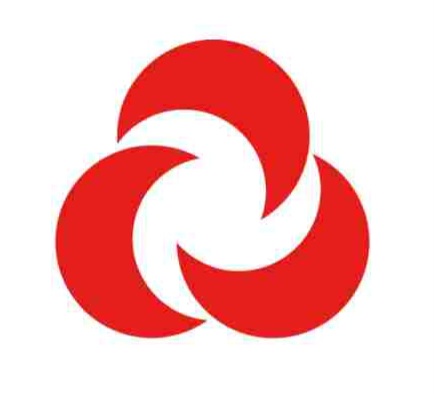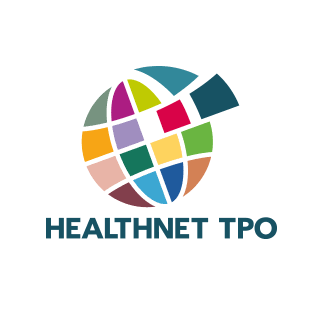Purpose of the Role:
The Nutrition Supervisor is responsible for ensuring effective implementation, monitoring, and quality assurance of all nutrition services delivered under the Basic Package of Health Services (BPHS) and IMAM Update guidelines. The position aims to strengthen nutrition service delivery at health facility and community levels through regular supervision, capacity building, data monitoring, and coordination with provincial and district health authorities. The Nutrition Supervisor ensures that all nutrition activities including growth monitoring, Infant and Young Child Feeding (IYCF) counseling, screening and management of malnutrition, and micronutrient supplementation are implemented according to the national nutrition policy, BPHS standards, and MoPH guidelines.
Main duties and responsibilities:
- Responsible for the overall NUTRITION (IMAM) activities of provincial level.
- Responsible to design and establish an effective and supportive supervision system within the NUTRITION project.
- Visit the IPD, OPD SAM sites, GM and IYCF program on regular basis and find out the deviations from the set targets and standards, identify weak areas and find reasonable and proper solutions
- Prepares timely NUTRITION project reports, provide feedback, prepare action plans and follow up
- Responsible to organize NUTRITION initial and refresher training for existing HF staff/ CHWs and CHSs that will be conducted based on work plan.
- Ensuring from the establishment of FHAG in targeted area (CBNP).
- Promotes support to HPs through CHS and community health Shuras regarding the NUTRITION program.
- Compiles report generated by IPD/OPD SAM sites, GM, IYCF& MNT and prepares summary reports in nutrition data base.
- Ensure the health facilities have functional and proper IPD/OPD SAM sites.
- Ensure that all supplies and food commodities are available in each health facility
- Ensure to establish an effective mechanism to prevent from shortage food commodities in the HFs
- Ensure safe, clean and proper storage of all supply and other food commodities within the warehouse.
- Supervising the consumption of nutritional supplements at HF level.
- Builds and maintains strong coordination and relationships with program partners, and project staff and other stakeholder to ensure effective communication.
- Attends regular grantee/partnership, state‐wide and national meetings as needed
- Utilize reports from the data and evaluation team to inform program implementation.
- Works with financial department to complete financial and program reports
- Supports staff in defining priorities, deadlines, and resolving any program challenges.
- Other relevant duties as assigned by line manager.
Capacity Building and Training:
The Nutrition Supervisor is responsible for strengthening the technical capacity of health facility staff and community health workers (CHWs) involved in the implementation of nutrition services. The supervisor ensures that all personnel have the required knowledge and skills to deliver quality nutrition interventions in accordance with MoPH guidelines and BPHS standards.
Key responsibilities include:
- Conduct regular on the job training, monitoring, and coaching for nutrition counselors, midwives, nurses, and CHWs on growth monitoring, IYCF practices, screening, and management of acute malnutrition.
- Identify training needs and skill gaps among health facility staff and develop a plan to address them in coordination with the Provincial Nutrition Officer (PNO) and BPHS implementing organization.
- Facilitate refresher trainings and orientation sessions on MoPH nutrition protocols, IMAM guidelines, IYCF, and micronutrient supplementation.
- Support the implementation of capacity development plans at the facility and community levels to improve the quality and coverage of nutrition services.
- Ensure all staff are oriented on the use of nutrition registers, reporting formats, and data collection tools as per the MoPH nutrition information system.
- Participate in provincial and district-level nutrition review meetings and training workshops, and cascade the acquired knowledge and skills to field teams.
- Promote a culture of continuous learning and performance improvement among nutrition staff to enhance service quality and sustainability.





